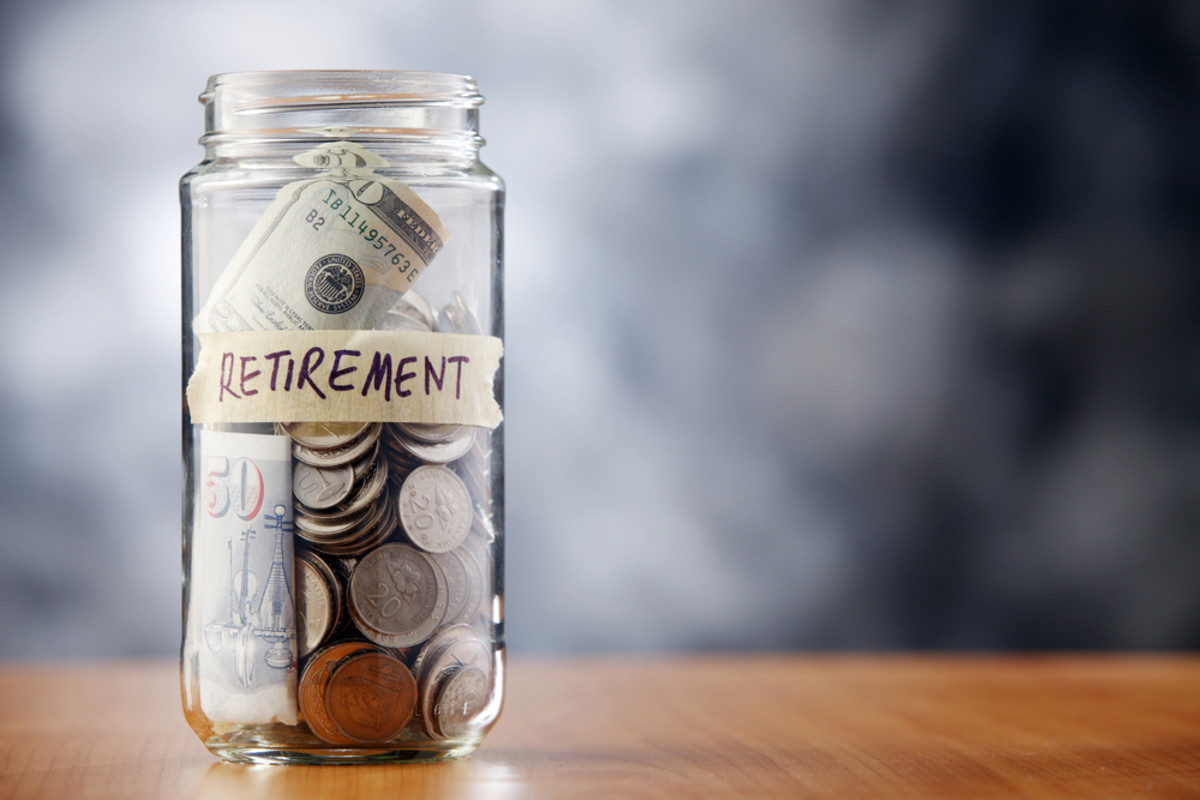
When do you plan to retire?
Many individuals have an age at which they want to call it quits. And then there’s the age when you really stop working.
If you’re lucky, those ages are one and the same. But research shows that they’re likely not.
Transamerica Center for Retirement Studies recently found that a majority of workers — 54% — plan to stop working after age 65 or never at all.
“By and large, many simply have not yet saved enough to retire comfortably,” said Catherine Collinson, CEO and president of the Transamerica Center for Retirement Studies, of the research.
But a September survey from personal finance website NerdWallet found that today’s retirees stop working at age 59, on average.
That’s much earlier than when experts generally recommend retiring. For one, Medicare eligibility doesn’t generally kick in until age 65. What’s more, full Social Security retirement benefits are now starting as late as age 67, depending on your birth year.
NerdWallet’s survey found that some of those retirees — 36% — said they didn’t have a choice as to when they retired. Moreover, 18% said they had to stop working because of their health, and 9% said a job loss forced them into retirement.
Right now, you’re probably saving as if you will be the one deciding when you retire. You may not have to retire unexpectedly early, but you should save as if you may have to.
How to adjust your strategy
If you’re in your 20s, putting more money away now means that you will have to save less over time, noted Arielle O’Shea, investing and retirement specialist at NerdWallet.
Even if the idea of retirement itself doesn’t motivate you, the flexibility that having those funds will give you should.
“You’re giving yourself options,” O’Shea said, including the ability to pursue a different career if you choose to.
If you’re in your 30s or 40s, do not get discouraged, O’Shea said.
Take advantage of any changes to your expenses, such as children switching from private day care to public school, to invest that extra money toward your retirement.
Bottom line: “Save as much as you can,” O’Shea said.
One thing all retirement savers should do: calculate how much you need to save for based on multiple retirement ages. Non-retired survey respondents most commonly said they expect to retire between 60 and 66.
By moving your target retirement date higher and lower, you can see how that changes your retirement savings targets, O’Shea said.
“Americans aren’t saving enough for retirement, and we’re hoping to open their eyes about that and do whatever they can to boost those numbers,” O’Shea said.
NerdWallet’s online survey was conducted by the Harris Poll in July. It included 2,027 individuals ages 18 and up, 1,605 of whom are not currently retired.
